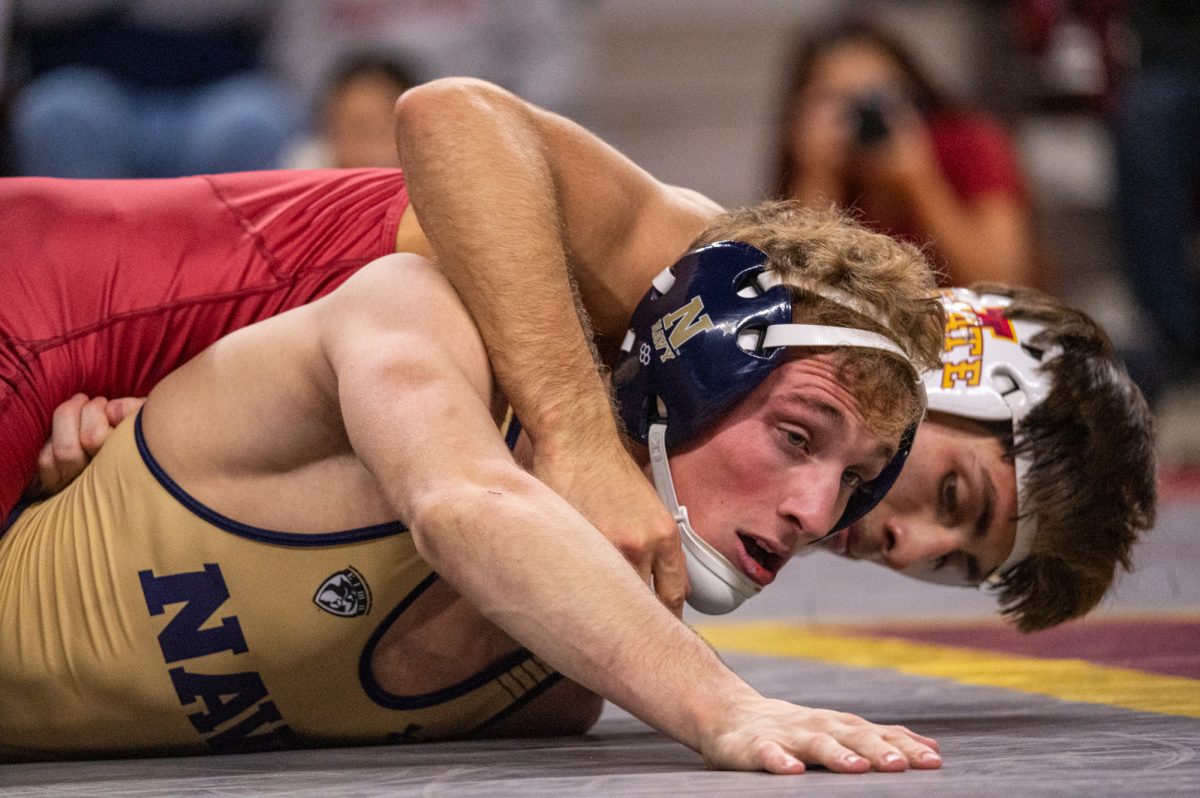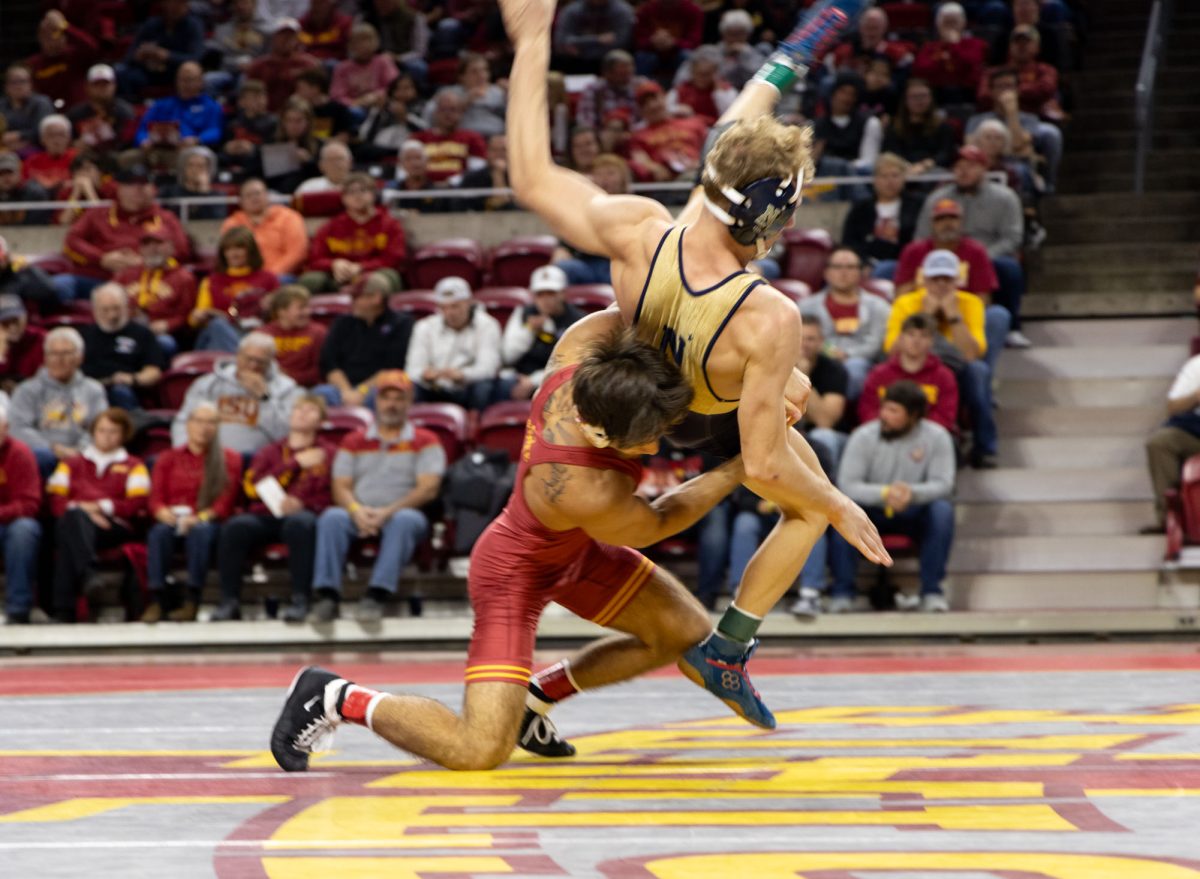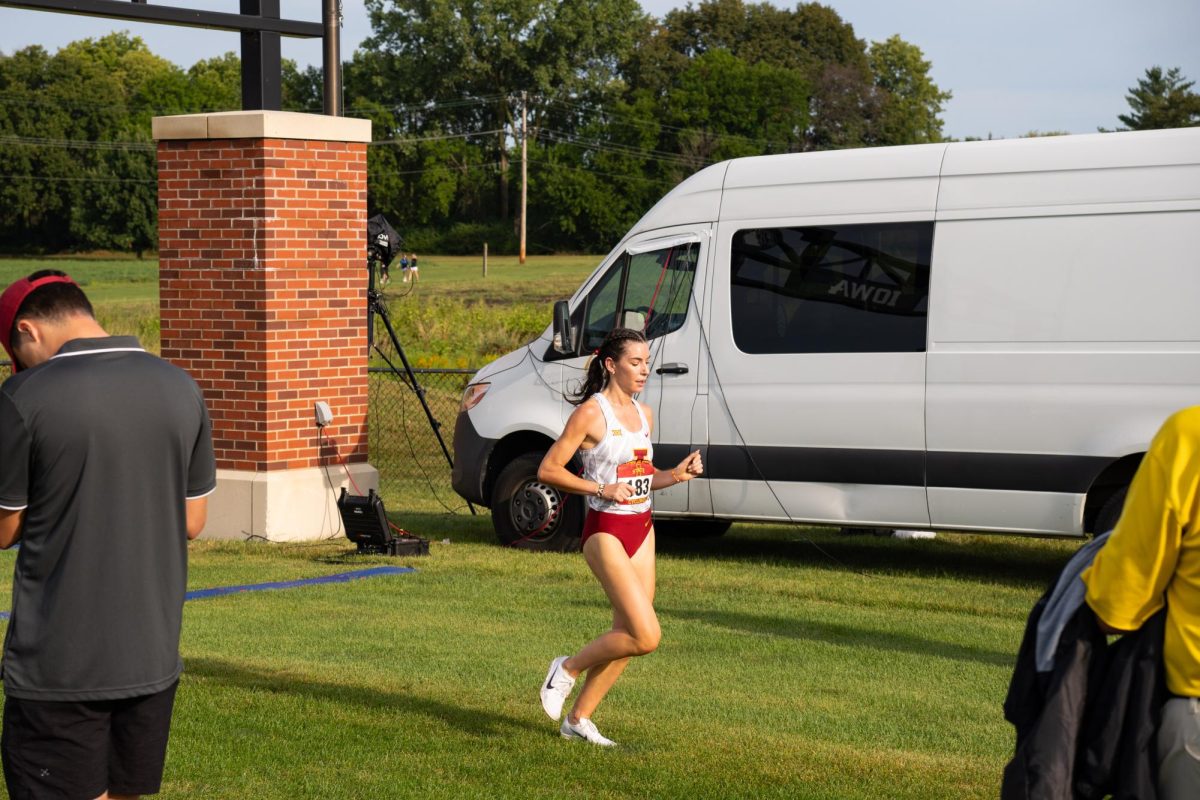Carrying on the fight
April 10, 1996
Last night when I got home and switched on the television, there, of course, was the announcement about the plane accident which took the life of U.S. Commerce Secretary Ron Brown.
Certainly, we African Americans who are in our fifties feel a deep kinship with the spirit of Brown, not necessarily because we knew him personally but mainly because we know keenly about his life with the African American struggle for empowerment, equity and opportunity in every part of our lives.
We know that from our youngest years we were programmed for an activism that was based upon political realities we were introduced to at the age of four, five or ten.
A primary struggle for us now is to make our lives understood by our youth so that they will take on the responsibility of our community’s life as their primary concern.
During the 1940s, there were thousands of African American children in South Carolina, North Carolina, Georgia and in Topeka, Kansas who, at four or five years old, went with their parents and tried to register for kindergarten at schools where everyone said they didn’t belong.
Then, thousands of us went to churches or youth meetings where the topics discussed in sermons were just as likely to be about the latest result of NAACP lawsuits as they were about religious principles, moral admonitions, and belief in eternal life.
We were consumed with the month-by-month political developments and our roles in them, whether we as students planned sit-ins or studied for exams. We were amazingly close to the source, to people our youth only read about now.
As a college student, my friends were actually part of the 1963 March on Washington, part of the college chapter of the NAACP which sponsored forums like, “Black to Black,” (a discussion between the leaders of the NAACP and the Nation of Islam), part of the voter registration drive in the South.
Thousands of us actually met and talked with Fannie Lou Hamer in the Mississippi Delta, cynically joked about when would be the next time “De Lawd” (Martin Luther King, Jr.) wanted us to get our heads knocked by police clubs, and talked to Malcolm X about how we might or might not fit in the confines of the Nation’s religious teachings while agreeing with his analysis of our condition.
We agreed as a generation about our community’s political needs even when we didn’t agree about tactics. This is our generational kinship.
And we have made a difference, especially on the side of building institutions and organizations that help guide our futures. We now have new schools, new higher education organizations and new businesses.
Also now, however, as I acknowledge the very apparent mortality and vulnerability in the lives of African Americans who have been life-long activists as illustrated by Ron Brown’s life, I must also acknowledge our children’s vulnerability to have been reared in families where the adults were so very busy with the community’s interests. These same children must pick up the struggle from our shoulders and save some of our efforts from extinction, but they have not had the advantage of being closely mentored by a Fannie Lou Hamer, a Medgar Evers or even a strong, lovingly available parent, a politically savvy Minister.
Still they must, at our insistence, prepare for their responsibilities.
Those of us who work with them every day must describe to them in very honest, vivid terms how we worked over the last 30 years and assure them of their vital role in the continuation of the unrelenting work. We’ll have to be the daily surrogates for Martin, Ruby Doris, and Rosa and tell our children the hard news about why we made a way and what they must do with the opportunities, even as they are shrinking.
Ron Brown’s death was an accident, perhaps, but his generation’s work was not.
We, his peers, will miss him, but we all are running now to prepare for the next stage in our people’s development.
We haven’t taken as much time to train our young people as we were trained from very early ages, but we must draw them very closely into our day-to-day decisions now and must remind ourselves how we were drawn into our elders’ circles at an early age and were given a strategic view of the struggles ahead.
Mariama Hodari
Director
Student Support Services
Program






